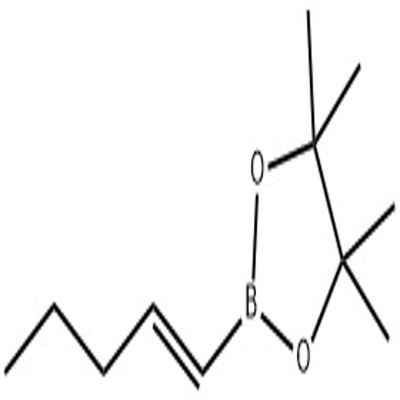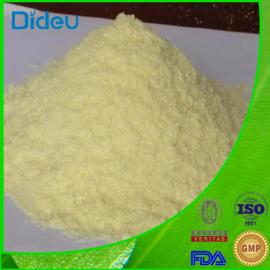-
Categories
-
Pharmaceutical Intermediates
-
Active Pharmaceutical Ingredients
-
Food Additives
- Industrial Coatings
- Agrochemicals
- Dyes and Pigments
- Surfactant
- Flavors and Fragrances
- Chemical Reagents
- Catalyst and Auxiliary
- Natural Products
- Inorganic Chemistry
-
Organic Chemistry
-
Biochemical Engineering
- Analytical Chemistry
- Cosmetic Ingredient
-
Pharmaceutical Intermediates
Promotion
ECHEMI Mall
Wholesale
Weekly Price
Exhibition
News
-
Trade Service
Eczema is a chronic inflammatory skin disease commonly found in children, manifested in dry skin, itching and rash.
existing treatments can improve eczema symptoms, they usually require medication multiple times a day.
A study led by the Institute of Allergy and Infectious Diseases (NIAID) at the National Institutes of Health shows that a treatment that improves the skin microbiome can safely improve the severity and quality of life of eczema in children without the need for daily medication, and that the effects continue for up to eight months after suspension.
findings are most recently published in Science Translational Medicine.
. Anthony S. Fauci, director of NIAID, said: "Eczema can make your child's skin itchy and painful, not only uncomfortable for the child, but not for the whole family.
early findings suggest that R. mucosa treatment may help reduce the symptomatic and daily treatment burden of eczema in children.
numerous genetic and environmental factors can cause eczema, and the skin microbiome is one of the factors.
as early as 2016, NIAID researchers found that the R. mucosa strain isolated from the skin of healthy people, after rigorous culture, played a role in improving eczema in cell culture experiments and mouse models.
these preclinical findings, the NIAID team initiated a Phase 1/2 clinical trial of R. mucosa for eczema.
results, published in 2018 and included 10 adults and five children between the ages of 9 and 14, showed that the treatment was safe and could reduce the severity of eczema.
, the trial continued to recruit 15 children, a total of 20 children aged 3-16 with mild to severe eczema.
study, which was published last week, further reported the potential mechanisms of action of R. mucosa therapy and its efficacy in more children.
In the first 3 months of the trial, the child was required to spray a glyco-water solution containing R. mucosa bacteria twice a week in the eczema skin area, and in the 4th month, the frequency of medication was changed to once the next day.
the first 15 children who were added to the trial, the dose increased month by month, while the last five children in the group received the same dose within four months.
results showed that 17 children (85 per cent) had improved the severity of eczema by more than 50 per cent after treatment.
the inner side of the elbow, the inside of the knee, the hand, torso and neck, and all treated skin areas showed improvements.
also observed an increase in the skin barrier function of these children.
, most children have less demand for corticosteroid hormone therapy, less itching and a better quality of life.
these benefits persist after treatment, and the R. mucosa strain remains on their skin for up to eight months.
no serious adverse events associated with treatment occurred throughout the trial.
in the mechanism analysis section, the researchers found that after treatment, the skin microbiota increased and Staphylococcus ale (known to exacerbate eczema) decreased.
addition to microbial imbalances, eczema patients' skin also lacks certain lipids or fats.
further, cellular and mouse experiments have found that a lipid produced by the R. mucosa strain isolated from healthy skin can induce TNFR2-mediated skin repair and promote the renewal of skin tissue.
, when the subjects were treated with R. mucosa, the corresponding lipid content on the skin did increase.
that most children received R. mucosa treatment, and their skin and overall health improved significantly.
results support a larger placebo-controlled study to assess the safety and effectiveity of R. mucosa therapy.
, further research is needed to shed light on the treatment mechanisms of R. mucosa and to explore whether genetic or other factors may explain why some patients do not benefit from it.







